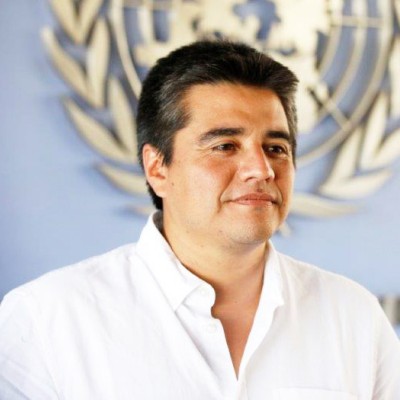Thematic Panel 4 - Innovation and Partnership in Latin America and the Caribbean: The Formula for a region moving closer to ending child labour
Thematic Panel 4 - Innovation and Partnership in Latin America and the Caribbean: The Formula for a region moving closer to ending child labour
Over the past 10 years, Latin America and the Caribbean has demonstrated sustained progress in reducing child labour. The challenge set was a region free of child labour and, over the last 8 years, the Regional Initiative has been developing innovative strategies and new ways of building information and knowledge to address child labour, thus designing an effective formula to enable countries to achieve this goal.
However, the challenges are not few. The latest report on global estimates of child labour (ILO-UNICEF, 2021) shows an alarming increase in this reality worldwide: for the first time in 20 years, not only has this scourge not been reduced, but in 2020 - and not counting the effects of the pandemic - there were 8 million more children and adolescents in this situation, compared to 2016. Notwithstanding the global trend, the Latin American and Caribbean region has managed to sustain the reduction of child labour by driving its innovative formula through three crucial components: political agreement among countries, territorialization of the approach to child labour and strategic alliance.
With only three years to go before the deadline given by the 2030 Agenda to end child labour, the 5th Conference is a historic opportunity to share, among countries, regions and sectors, the learnings and good practices that are achieving successful results in addressing child labour; as well as to reaffirm the global commitment to achieve Target 8.7, as part of the COVID-19 socioeconomic recovery strategies.
The Latin American and Caribbean region has managed to sustain the reduction of child labour by driving its innovative formula through three crucial components: political agreement among countries, territorialization of the approach to child labour and strategic alliance.



















